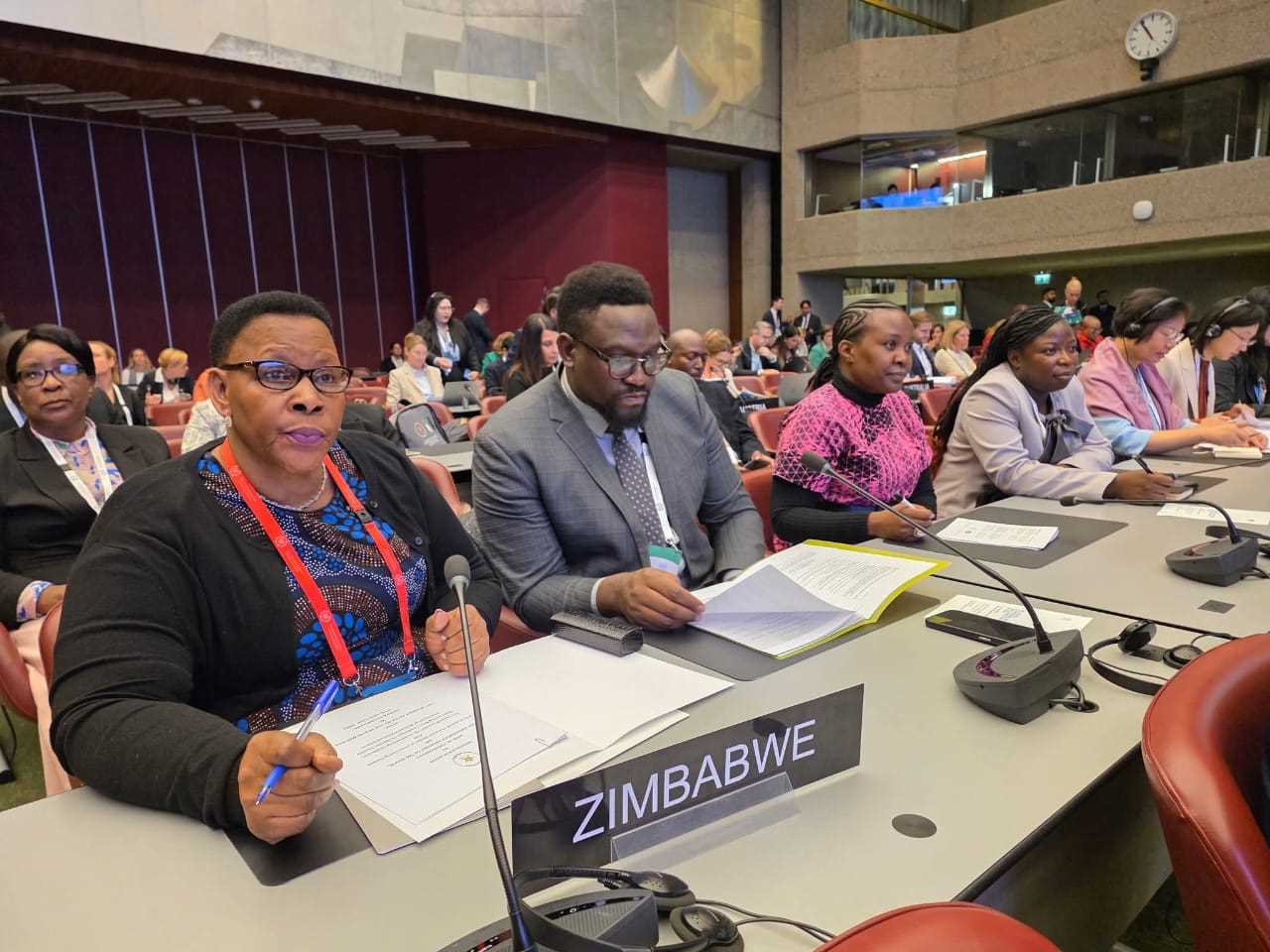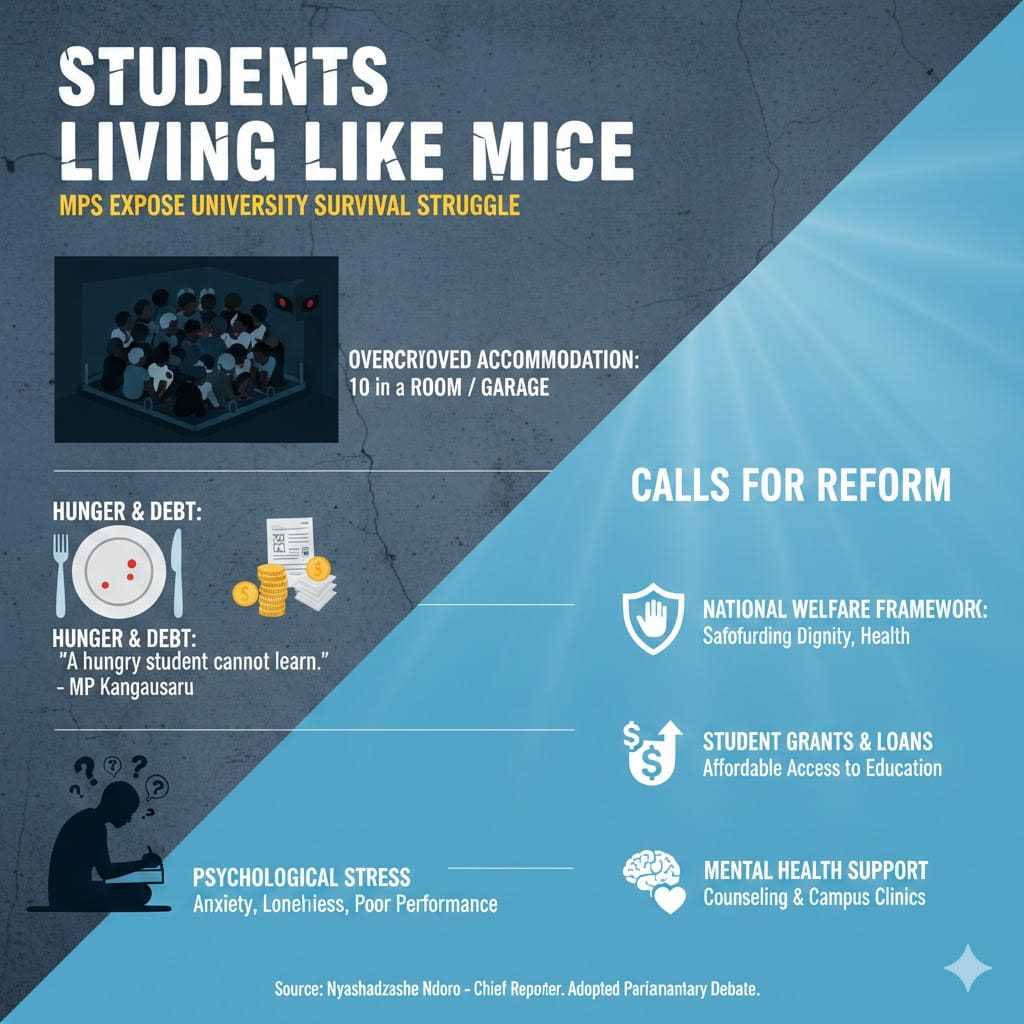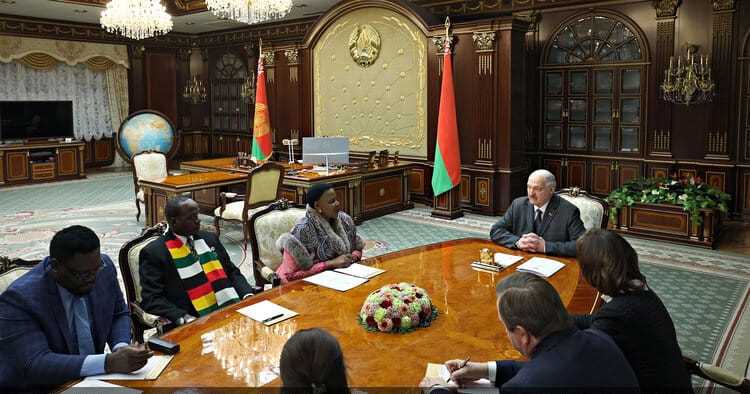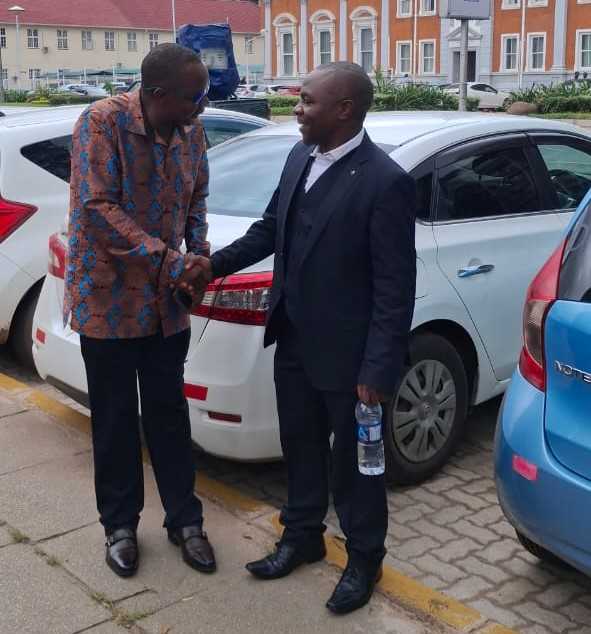
Across borders and behind closed doors, stories of mothers losing their children to illegal adoptions continue to emerge — stories of pain, silence, and injustice that demand urgent attention.
Zimbabwe’s President of the Senate, Mabel Chinomona, has called for immediate global action to stop the exploitation of women and children caught in this growing crisis.
Illegal adoptions, she said, have become a hidden form of trafficking, stripping women of their rights and children of their identities.
“This practice is not gender neutral. It disproportionately affects women and girls, who are often caught at the intersection of poverty, inequality, and exploitation,” Chinomona said.
She noted that many women are pressured into surrendering their children because of economic hardship, while others are deceived by networks operating under the guise of adoption agencies.
“Many women are pressured into giving up their children because of hardship. The world must respond not with punishment, but with protection,” she said.
Chinomona called for a gender-sensitive international framework that prioritises the dignity of women and the safety of children.
Related Stories
“We must move towards a global framework that protects the dignity of women and ensures the best interests of every child,” she said.
She urged governments to back their promises with action by ratifying and enforcing international conventions that safeguard children’s rights.
“Parliaments have a central duty to ratify and domesticate international conventions that protect children. The Convention on the Rights of the Child and the Hague Convention must anchor our commitment to justice and child welfare,” Chinomona said.
Zimbabwe has made progress in aligning its laws with global child protection standards. The country ratified the Convention on the Rights of the Child in 1990, and in June 2025, Cabinet approved the ratification of the Hague Convention on Inter-country Adoption, which is now awaiting debate in Parliament.
“These steps reflect Zimbabwe’s determination to align domestic laws with global child protection standards while ensuring that the rights of women remain at the core of national policy,” she said.
Chinomona noted that the Constitution itself reinforces this commitment, with Section 80 guaranteeing women’s rights and Section 19 mandating the State to protect children, especially the girl child, from neglect and abuse.
“The Constitution gives real meaning to Zimbabwe’s promise to protect women and children. Our laws are not just words; they are a shield for every mother and child who deserves to live free from exploitation,” she said.
She stressed that the world must go beyond policies to confront the human suffering caused by illegal adoptions.
“It is through unity and mutual trust that we can end the exploitation of women and children. The fight against illegal adoption is not merely about law enforcement; it is about protecting identity, restoring dignity, and preserving the bond of family,” Chinomona said.


















Leave Comments